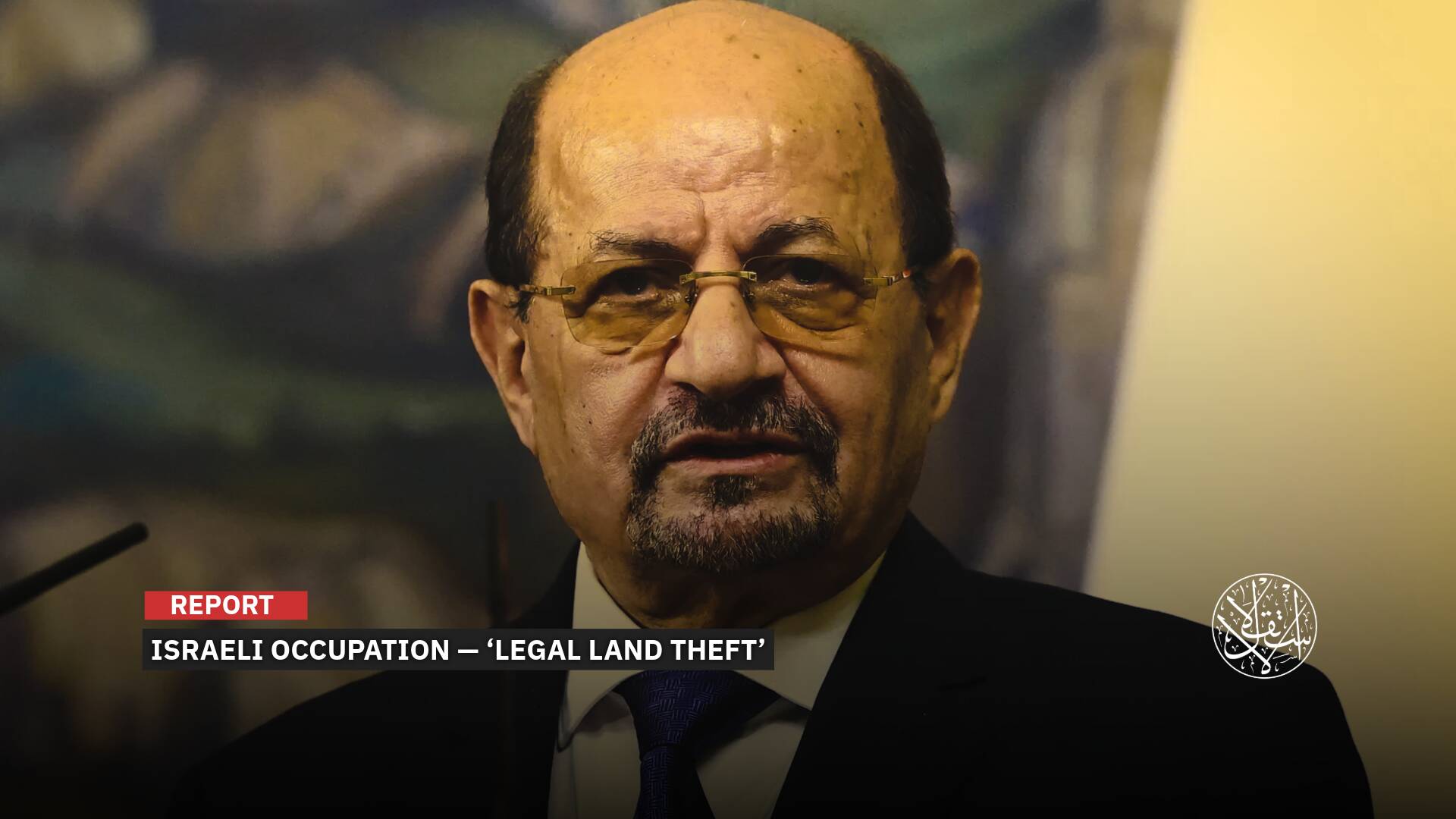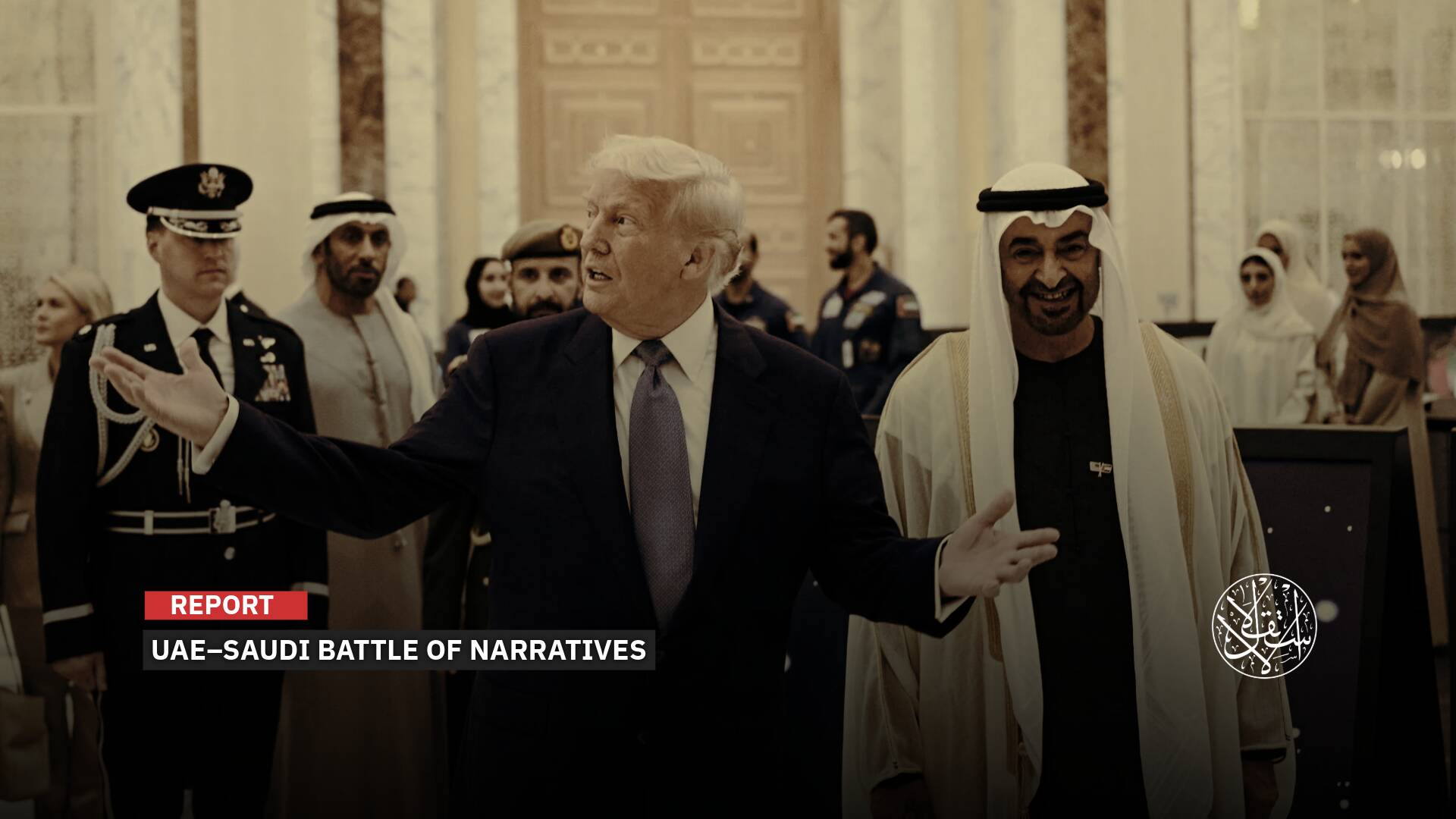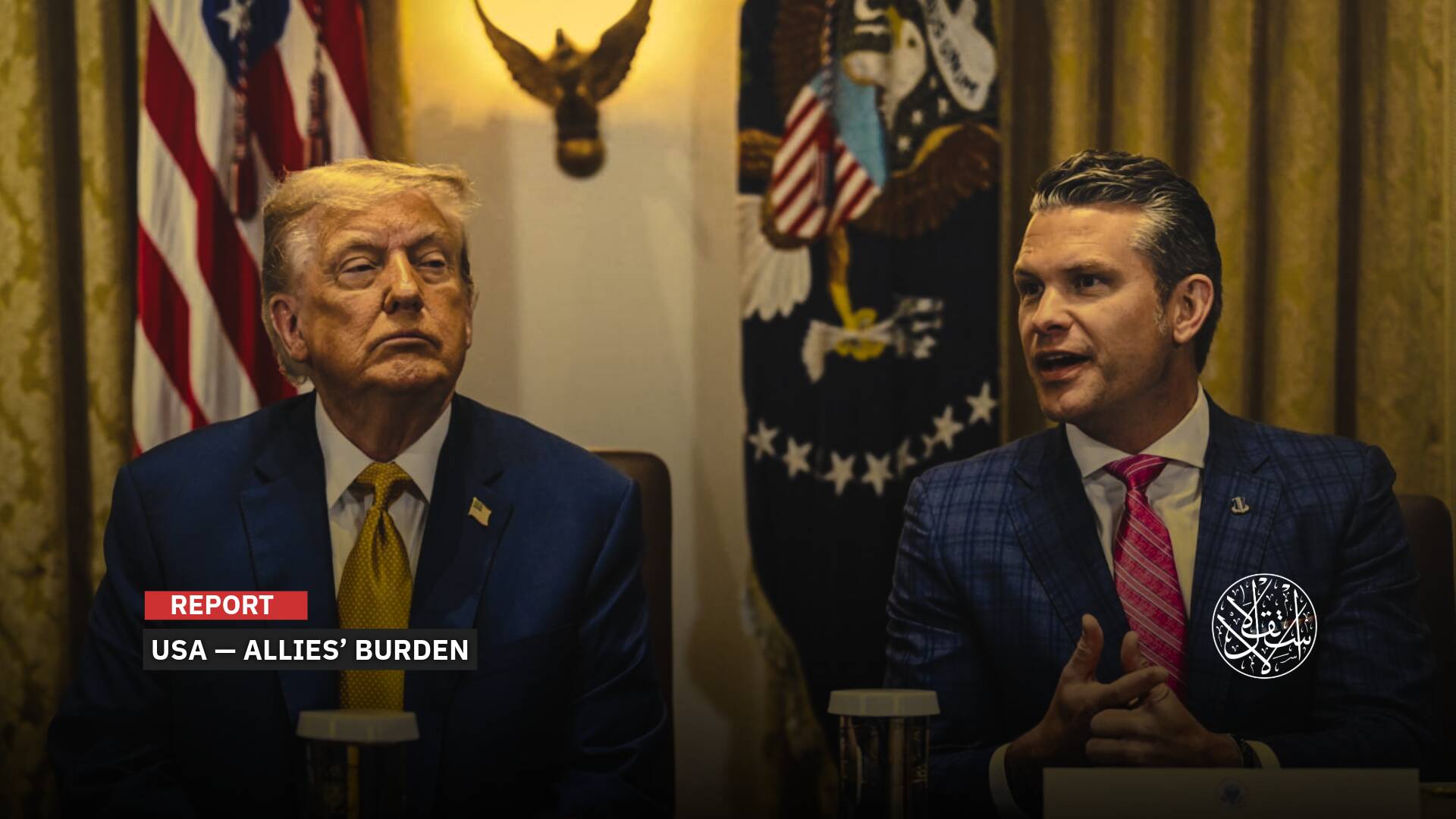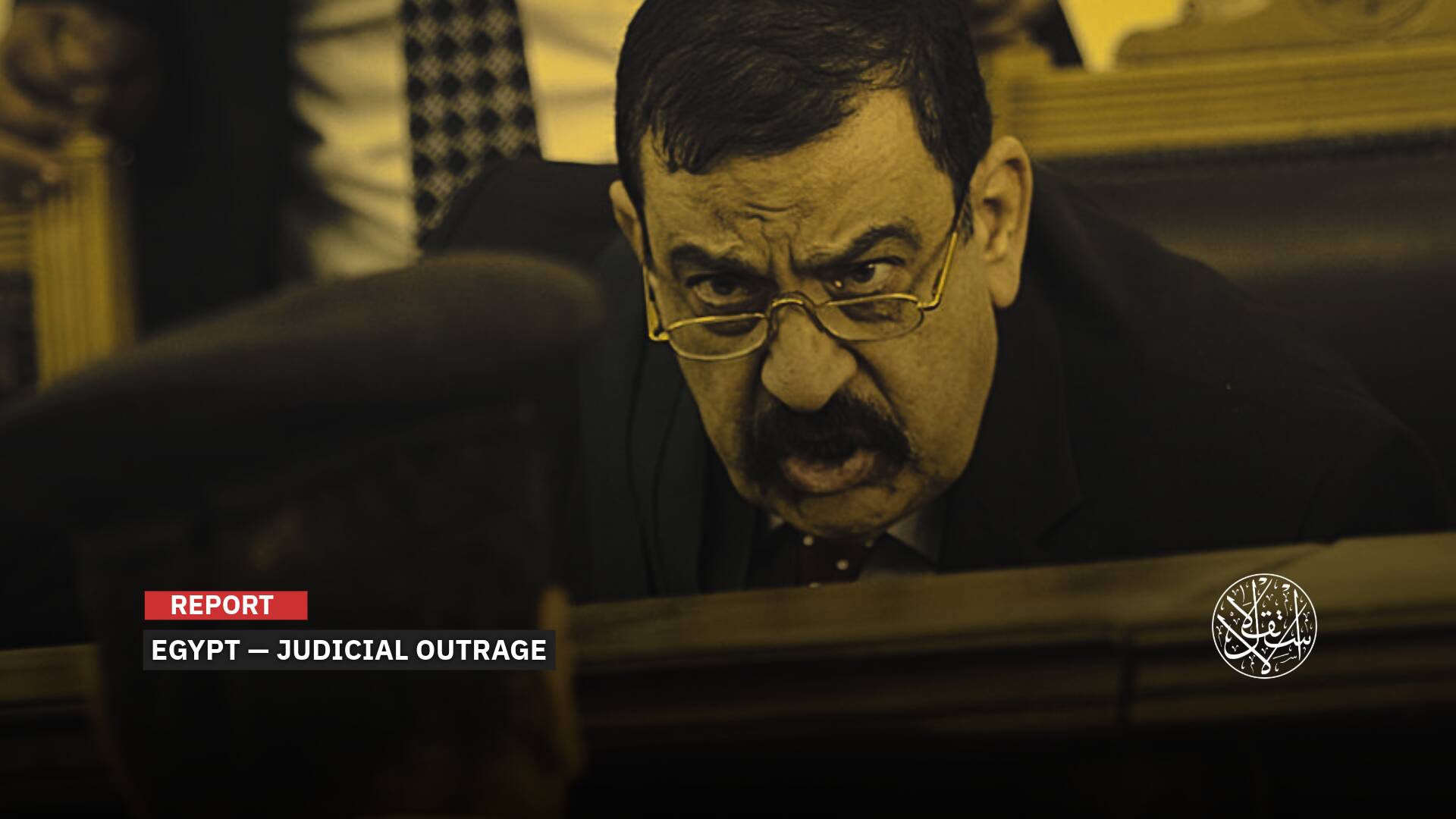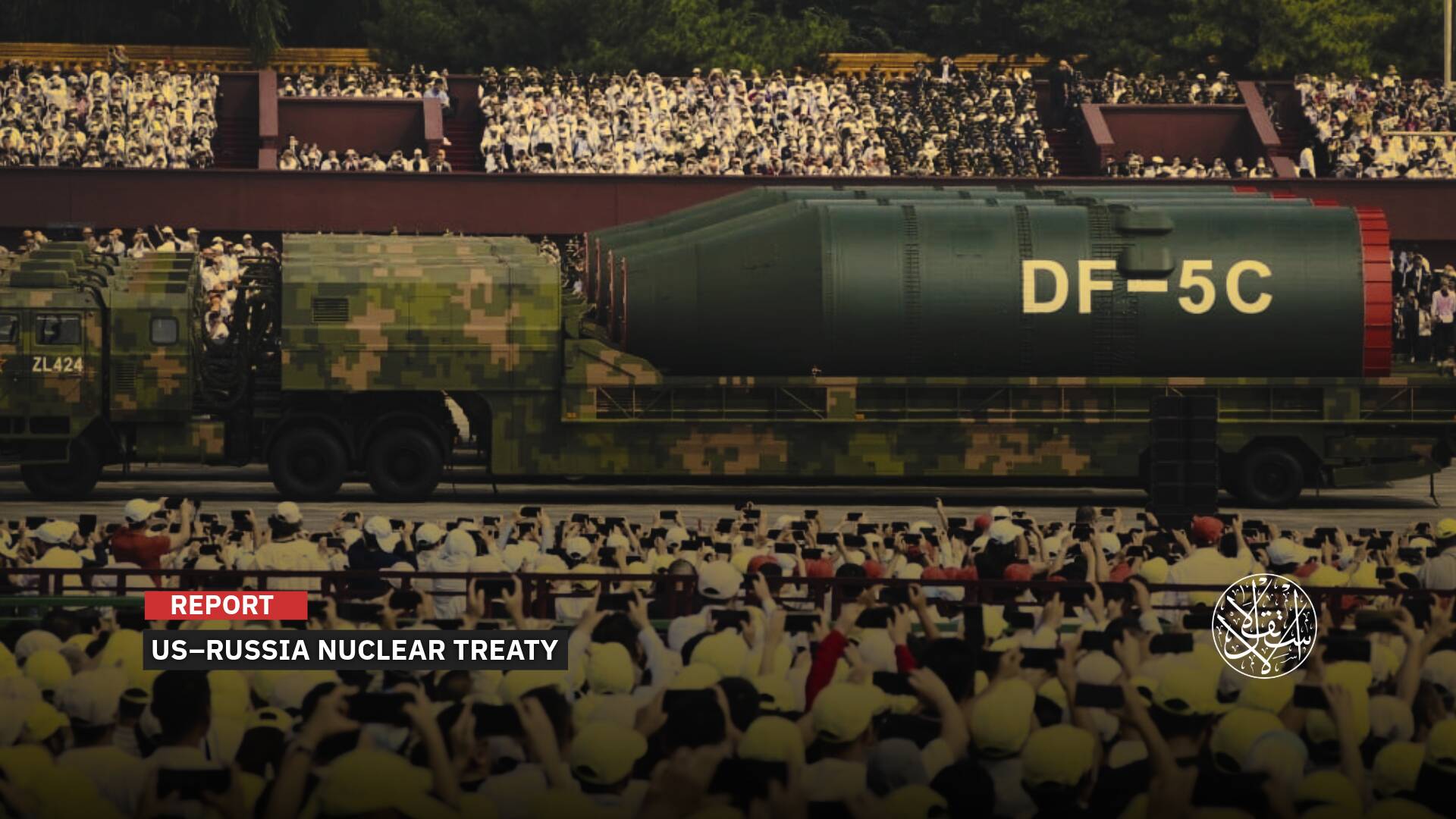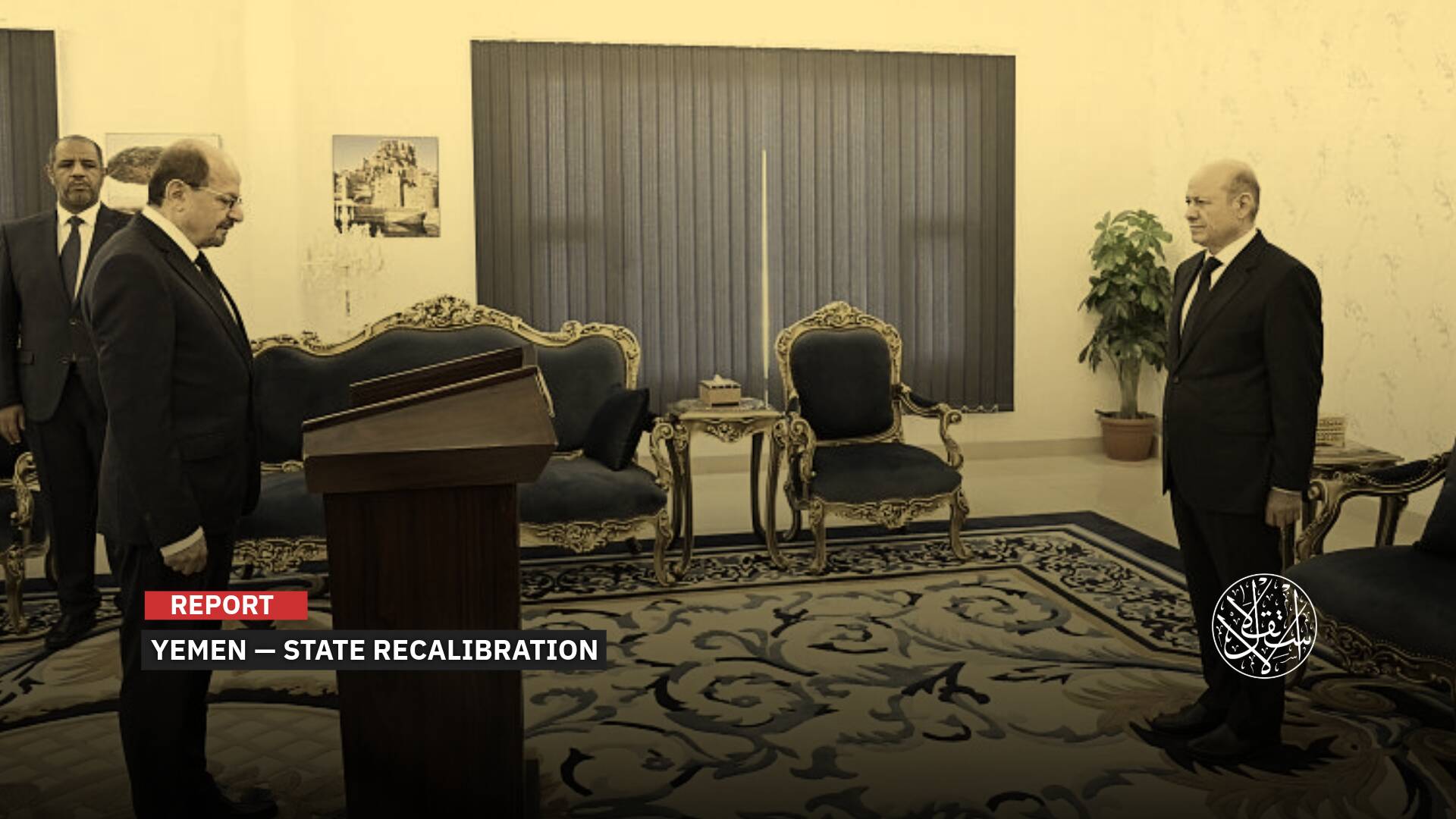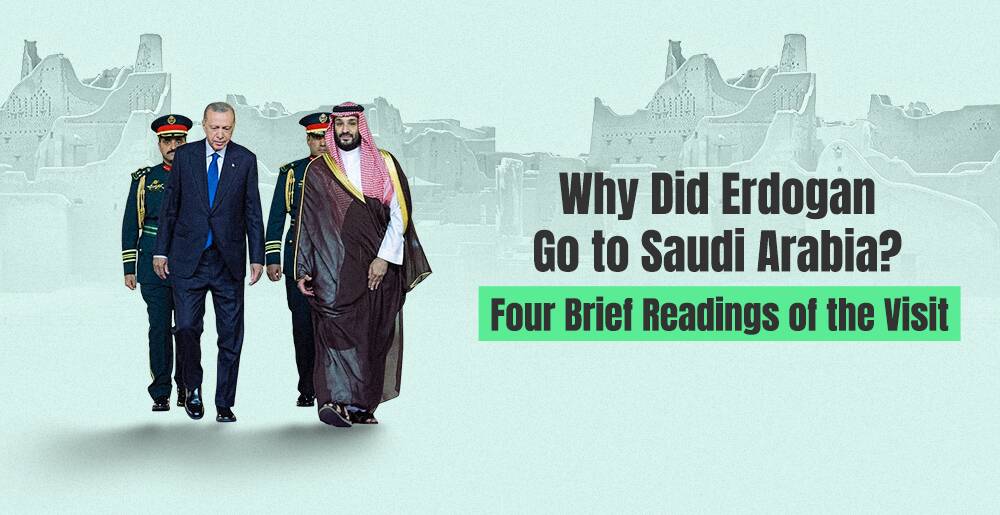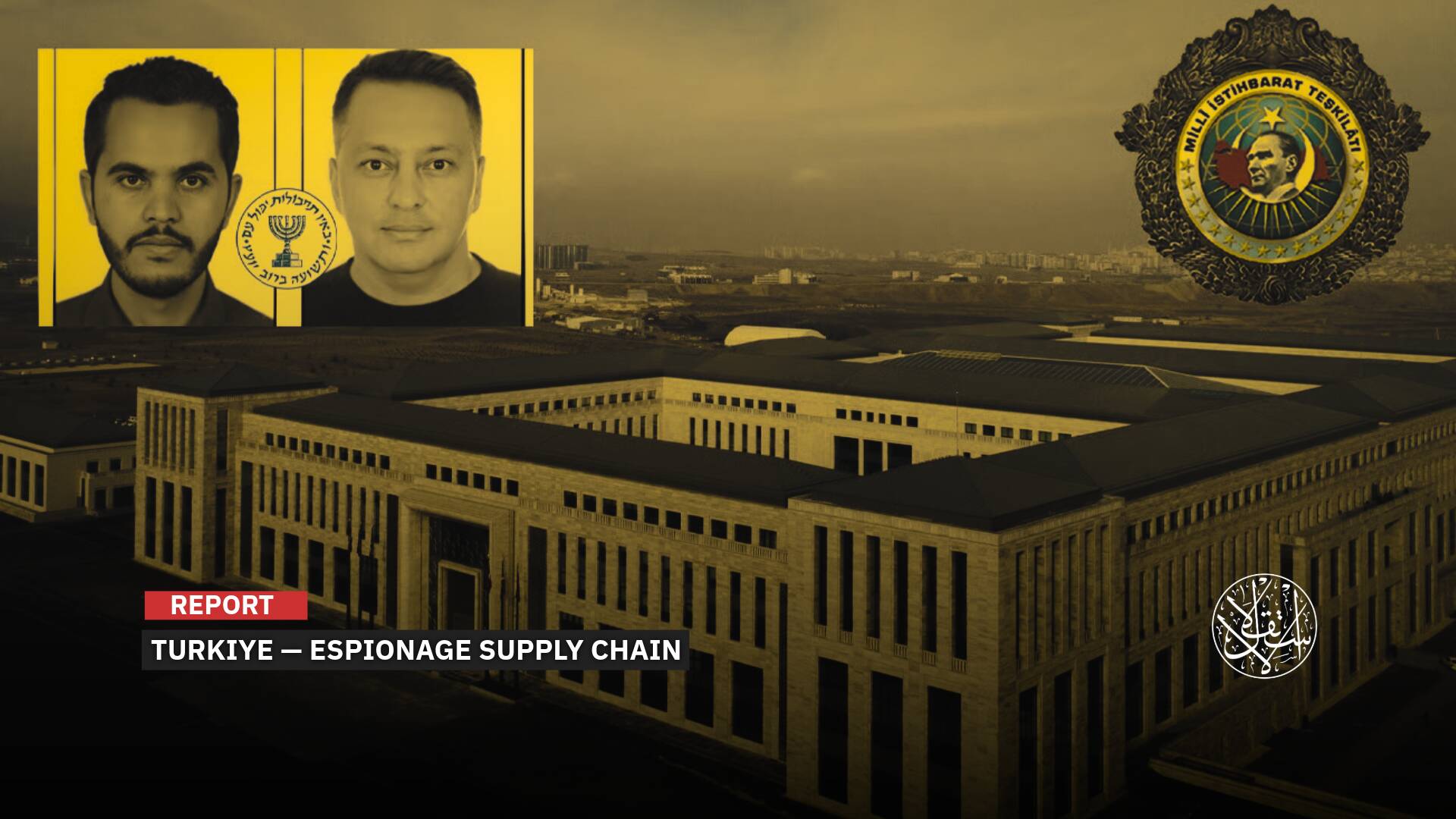Challenging MBS: Inside the 'Military Council' Formed by Saudi Dissidents in Sana'a

The Houthis could be the core of a combat force ready to fight the Saudi regime.
In a striking development, Yemeni journalist and executive director of the Yemeni Landmine Observatory, Fares Alhemyari, revealed the formation of a Military Council by Saudi dissidents in the Yemeni capital, Sana'a.
This announcement has raised numerous questions about the identities of these dissidents.
How did they manage to reach Houthi-controlled areas?
What is the potential impact of such a move on the ceasefire that has largely held for nearly two years?
In April 2022, a United Nations-mediated ceasefire took effect, leading to a notable decrease in hostilities between the Houthis and Saudi Arabia.
Although the truce expired in October that year, fighting has remained largely suspended between the two sides.
Opposition Military Council
Alhemyari reported, citing what he described as special Yemeni sources, that "dozens of Saudis who have recently arrived in Sana'a and Sa’dah, Houthi-controlled areas, are either wanted by Riyadh or dissidents."
In a post on X dated October 31, 2024, Alhemyari added that four prominent leaders affiliated with al-Qaeda, who had been active for years in al-Bayda province, had also been confirmed to have reached Sana'a.
"These Saudis arrived individually or in groups through various routes, coordinating directly with the Houthis—some crossed the border, while others entered via a third country,"
"The Houthis provided housing for these Saudis and held several meetings with them in recent months and weeks, most of which took place in a large villa in Haddah, south of the capital," Alhemyari noted.
He further explained that the villa, used for frequent meetings, also serves as a residence for other Saudi dissidents.
"The meetings culminated in the formation of what they called a 'Military Council,' where they agreed on the organizational structure and assigned responsibilities, as well as naming officials for key Saudi regions,” Alhemyari concluded.
There has been no immediate comment from the Saudi government, the Houthi group, or the Yemeni government on this development, and no official statement has been issued by the newly formed council either.
‘Arab Peninsula Liberation Movement’
The announcement of the new Saudi Military Council in Sana'a was not surprising, as the Houthis had long opened the doors of the capital to Saudi dissidents.
In November 2018, Yahya Saree, the Houthi military spokesman, declared that those opposing the Saudi regime “are welcome in Sana’a.”
At that time, they welcomed Saudi dissident Dakhil al-Qahtani, a former officer in the Royal Air Force, who presented himself as the president and founder of the Arab Peninsula Liberation Movement which he announced its establishment from Sana'a.
Since the onset of Operation Decisive Storm, led by Saudi Arabia in March 2015 to support the internationally recognized Yemeni government under former President Abdrabbuh Mansur Hadi against the Houthi coup, the movement has claimed to receive a number of Saudi dissidents.
Among the most notable was Hadi al-Qahs al-Yami, the leader of the Ismaili community in Yemen and Saudi Arabia, who announced his arrival in 2016.
In 2017, government forces in Marib announced the capture of a cell consisting of four Saudis who had entered Yemen illegally, along with two Yemenis affiliated with the Houthis, who were facilitating their movement toward Sana'a.
The detainees were later handed over to the coalition’s leadership.
Long-Standing Rivalry
The situation has escalated significantly between Saudi authorities and dissidents, particularly those aligned with the Houthis.
On March 26, 2024, Saudi dissident Ali Hashim Salman al-Hajji posted on X, addressing the Houthis leader Abdul-Malik al-Houthi directly.
“I come to you willingly, with love and loyalty, pledging my allegiance to you in obedience and fidelity,” al Hajji said.
Al-Hajji's journey has positioned him as one of the most vehement dissidents of the Saudi regime, which has pursued him relentlessly, imposing restrictions on his family without mercy.
His arrival in Yemen and subsequent embrace by the Houthis carry significant implications, presenting a serious threat to the Saudi regime.
Al-Hajji's emergence in Sana'a sparked considerable controversy, especially after he announced his renunciation of his Saudi passport, declaring his intention to settle in Yemen to continue his opposition to Mohammed bin Salman’s regime.
On August 25, 2022, the U.S. outlet al-Hurra published a report on Ali Hashim al-Hajji, labeling him as “the number one enemy of the Saudi regime.”
The report also revealed that al-Hajji hails from the eastern province of al-Ahsa, home to a Shiite majority, and that in 2017, a year after he left Saudi Arabia, he was sentenced for terrorism-related offenses and their financing.
Overthrowing the Regime
Al-Hajji, who arrived from southern Lebanon, declared that his arrival fulfilled a wish expressed by then-Hezbollah Secretary General Hassan Nasrallah.
It is worth noting that al-Hajji’s role in the major conference organized by Hezbollah in January 2022, where he hosted Saudi dissidents.
The conference aimed to commemorate the execution of Shiite cleric Nimr Baqir al-Nimr, who was executed by Riyadh on charges of terrorism in 2016.
During the conference, al-Hajji, speaking as a Saudi dissident, declared that the purpose of the conference “is to overthrow the Saudi regime.”
Not satisfied with merely making his statement, al-Hajji posted a photo of himself standing on a military vehicle, with a Hezbollah flag in the background.
He captioned it, "This picture carries many meanings [...] the problem is, if you’re Saudi, it’s hard to understand."

Threatening New Alliances
Yemeni writer Yassin al-Tamimi has predicted the escalating threat to the Saudi regime.
According to Al-Estiklal, al-Tamimi published an article for Arabi21 titled "The Dangerous Implications of Saudi dissidents in Sana'a."
Al-Tamimi noted that the Houthis would have ample space to exploit their northern neighbor, Saudi Arabia, keeping it at the mercy of political and sectarian whims.
He added that Tehran would do everything in its power to establish a competitive authority, capable of leveraging this rivalry to counter Saudi regional influence.
"Saudi Arabia today suffers from the repercussions of the dismal deal it struck with the Houthis under significant American pressure, which enabled the Houthis to usurp the sovereign powers of the Yemeni state, particularly the authority to issue identity and travel documents. This dissident boasts of possessing a passport that lifts all restrictions on his political opposition to the regime in the Kingdom," al-Tamimi noted.
He warned that Sana'a would become a refuge not only for political dissidents from Saudi Arabia and elsewhere in the region but also evolve into a fully operational command center for managing chaos within the Kingdom and advancing plans to empower Shiite minorities in the area, giving them a geographical depth for action and influence.
“This situation cannot be addressed with genuine impact except through military force, meaning Saudi Arabia may be compelled to enter a new round of conflict with an adversary that will enjoy open supply lines with the entire world, not just with Iran,” al-Tamimi concluded.

A New Phase
In an interview with the Houthi-affiliated TV channel al-Masirah on March 20, 2024, the Saudi dissident activist Ali al-Ahmad, who resides in the United States, predicted that the coming months would signal a widespread rebellion within Saudi Arabia, including within the military establishment.
As reported by Al Estiklal, al-Ahmad said, "The next phase will be significant in the history of the Arabian Peninsula, as it heralds signs of a broad insurrection within Saudi Arabia, particularly in the military, following the failure of the Yemen invasion and the subjugation of its people.”
“We may witness a significant internal defeat for Mohammed bin Salman, leading to a reduction in his control over the country,” expressing his belief that while "the Saudi regime will not collapse imminently, there is a considerable decline in its legitimacy and local acceptance," he noted.
The Houthis’ embrace and integration of Saudi dissidents suggest the initiation of a new phase of support and training, which observers believe could lay the groundwork for a genuine combat force ready to engage in conflicts against the Kingdom.
Sources
- Saudi Dissidents Form a "Military Council" in Sana'a: What are its goals? Who stands behind it? Who are its leaders?
- The Houthis Embrace Saudi Dissidents: A means of pressure or the initiation of a regional mission instead of Hezbollah?
- A Saudi Joins the Houthis in Yemen and Announces His Defection from Mohammed bin Salman’s Regime.
- The Dangerous Implications of the Presence of Saudi Dissidents in Sana'a.


